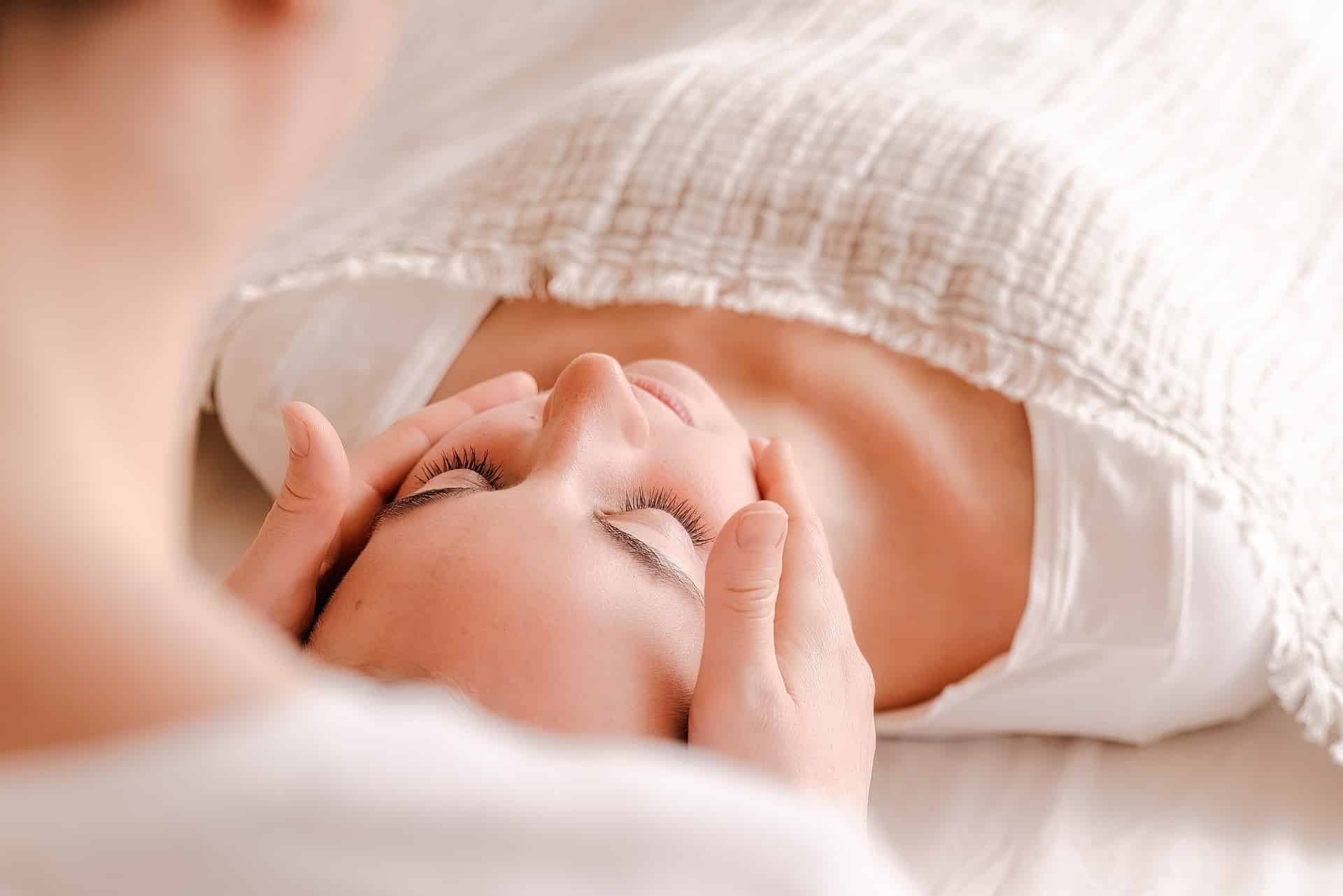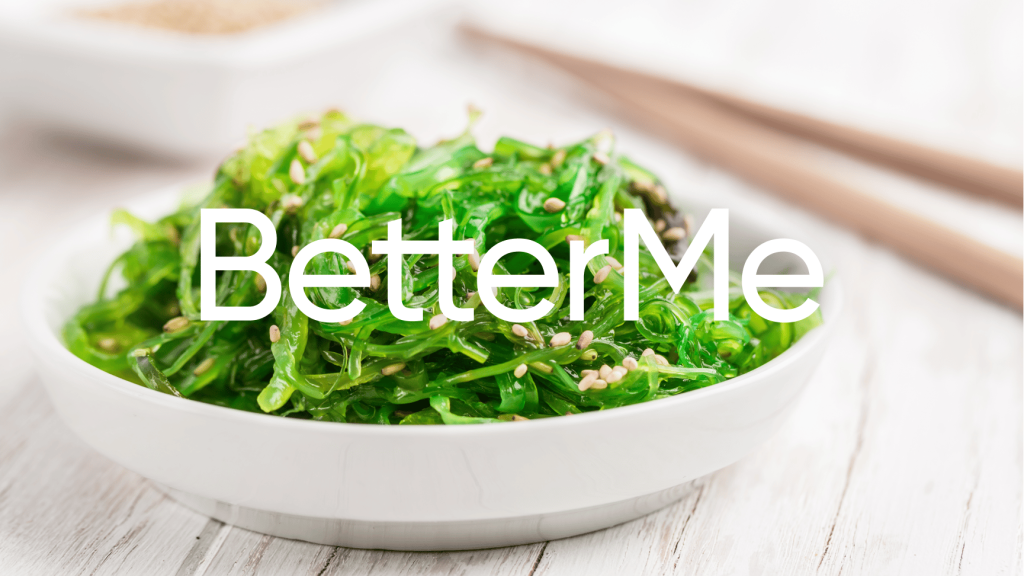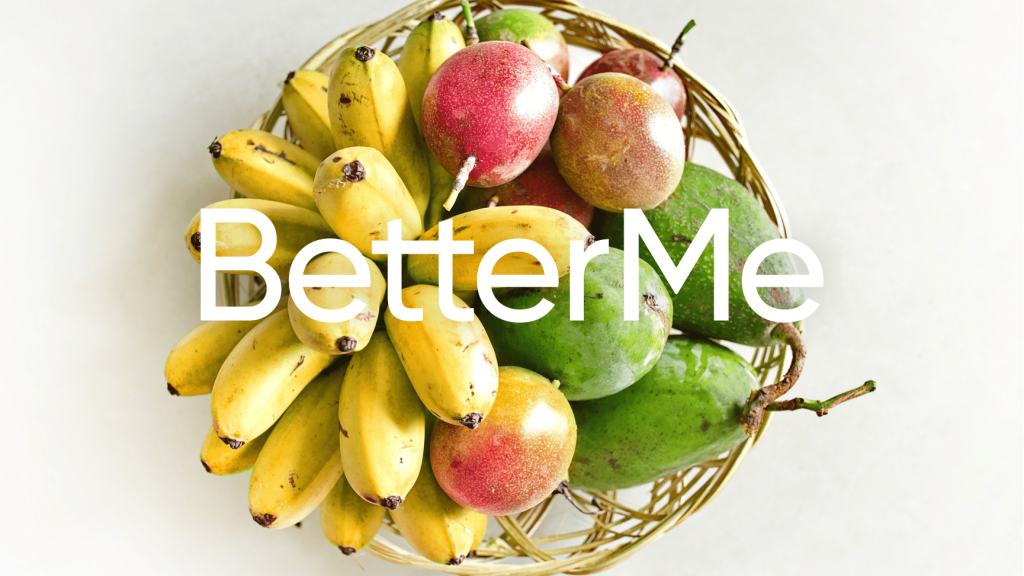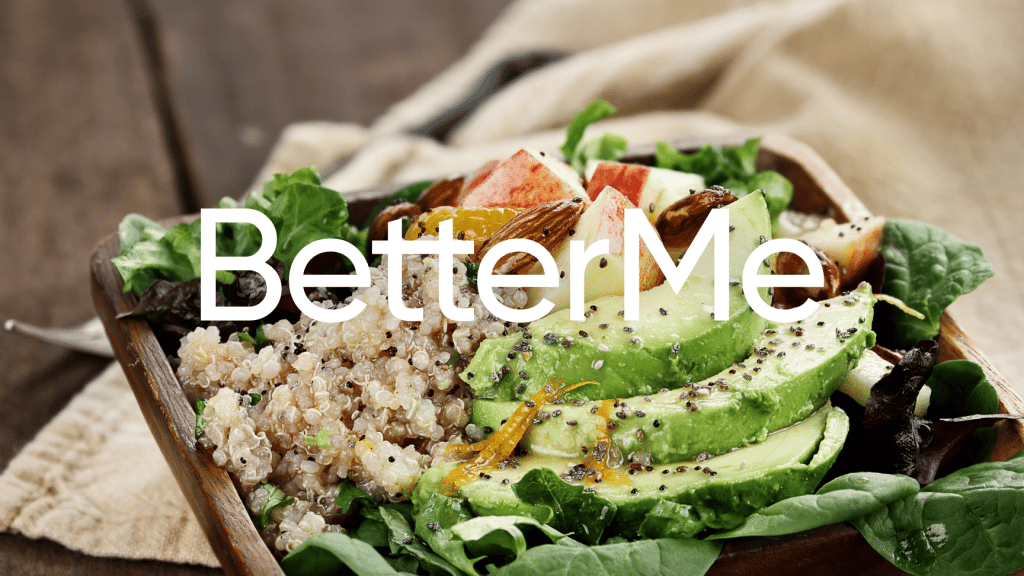In the last three years or so, the skincare industry has seen a boom as more and more people have not only started learning how to better take care of their skin, but also taken the time (and money) to invest in having better, smoother and clearer skin. Now, the internet is filled with millions of blog posts and videos with people telling you how to better take care of the largest organ in your body and suggesting what lotions, cleansers, toners, serums, oils, etc. to have acne free and supple skin. While this information is all good, what many of us tend to forget is that while topical skincare solutions are great, sometimes the problem comes from within. What we eat and drink can also adversely affect the look and texture of our skin – which means that to have gorgeous skin all year round, you have to also take note of what you put into your body as much as what you put on it. If you are looking for foods for clear skin, then you are in the right place. In today’s article, we shall be taking you through some of the best healthy foods for clear skin as well as notifying you on what foods to avoid for clear skin and avoiding acne.
Get your personalized
meal plan!
What Causes Skin Breakouts?
Before getting into the best foods for healthy skin, it is best to first understand why your skin is suddenly breaking out – or if you’ve had bad skin for a while, what could be the underlying cause. Here are some habits and triggers that can cause an acne breakout.
- Puberty – Unfortunately for the teens, this is something most teenagers have to deal with due to the many hormonal changes that are going on within their bodies. If you are a teen battling acne right now, keep your skin clean (wash your face twice a day) and ask your parents for some acne medication.
Do not pop your pimples or apply a lot of makeup to your face to try and hide the bumps – both these options actually make the problem worse.
- Increased stress levels – Studies have shown that increased stress levels lead to an increase in not only sebum production – which can clog your pores, but also trigger your body into producing hormones that cause acne (6, 17)
- Hair styling products – Have you noticed that every time you get your hair done, your skin ends up breaking out? This is because the oils used in your hair tend to touch your face, seep in, clog your pores and lead to breakouts. Such breakouts are normally common in people with bangs or people with longer hair that touches the sides of their faces.
- New or too many skincare products – Remember that just because a product worked for your friend/sister/online influencer doesn’t mean that it will work for you. Stick to what you know works for you. Also, while it is okay to try new products, don’t make it a habit. Not all products mix well with others in your routine and also not all products will work well for your skin type and issues.
- You are dehydrated – Those people all over the internet telling you to drink more water for clearer skin aren’t lying. Research has shown that dehydration causes your skin to produce more sebum which can lead to an acne breakout (15). Increasing your water intake will help regulate the production of oil in your face, keeps you hydrated and also prevents dry and rough skin – hydrated skin equals improved skin elasticity (9).
- You are a smoker – Studies have shown that when compared to non-smokers, cigarette smokers tend to have more acne than non-smokers (12, 1).
- You sleep in your makeup – This leads to clogged pores and eventually, acne and breakouts
- The things touching your face – The things coming into contact with your face could be the reason you keep breaking out. This could be anything from your hands, phone, pillowcase, makeup brushes or beauty blenders, etc. Try touching your face less, keep all your makeup products as clean as possible, change your pillowcases at least once a week and always wipe down your phone screen for less breakouts.
- Lack of sufficient sleep – According to a study published in 2019, people who don’t sleep well enough tend to have more severe acne than those who sleep better (2).
- Hormonal changes – In women specifically, hormonal changes caused by PCOS, periods or pregnancy can cause acne breakouts.
- Your Diet – Yes, what you eat does determine if your skin stays clear or not.
When it comes to what foods to avoid for clear skin, research shows that foods with a high glycemic index should be avoided by anyone who does not want to break out. If you already have acne, avoiding these foods is also a good idea as they will worsen your acne (11, 7).
Such high glycemic foods that can trigger an acne breakout include overly processed options like:
- Baked goods & pastries e.g. cookies, cakes, pies, muffins, bagels, biscuits, etc.
- “White” foods e.g. white bread, pasta and rice
- Breakfast cereal
- Soda, fruit juices, sports drinks and other sugary beverages
- Potato chips, fries, pretzels, etc.
Dairy is also another food group that can cause acne in some people (21). The American Academy of Dermatology theorizes that some hormones found in milk and other dairy products cause inflammation inside the body while leading to clogged pores and acne (4).
Read More: Body Wraps At Home: Honey Cream For Soft, Glowy Skin
What Foods Are Good To Eat For Glowing Clear Skin? The Best Foods For Clear Skin
Now that we know the habits and dietary mistakes that can lead to breakouts and acne, what foods are good for clear skin? Here are some food groups that you can add to your diet to ensure that you are doing the best to achieve youthful, glowing skin.
-
Fatty Fish
Some common examples of fatty fish include mackerel, tuna, trout, herring, salmon, sardines and anchovies. While these fish are known for their benefits in reducing inflammation and potentially lowering the risk of heart disease, cancer, and arthritis, they can also help fight against acne, specifically due to omega 3 fatty acids.
Several studies have supported this theory:
- In 2008, a report published in the Lipids in Health and Disease journal stated that omega-3 fatty acids from fish oil showed to have anti-acne properties and that the self-administration of these omega 3s as well as other nutrients lead to an improvement in inflammatory acne lesions (3).
- In 2014, a double blind 10-week controlled trial published in the Acta Dermato-Venereologica journal revealed that supplementing your diet with omega 3s can help significantly decrease inflammatory and non-inflammatory acne lesions (10).
- In 2020, a sturdy review published in the Journal of Cutaneous Medicine and Surgery revealed that consuming omega 3 fatty acids can help with the treatment of multiple skin conditions, namely psoriasis, atopic dermatitis, acne, and skin ulcers (20).
-
Leafy Greens
A diet high in leafy greens is recommended not only because they are packed with nutrients, but also because they are low in calories. They also have multiple health benefits like reducing the risk of obesity, heart disease, high blood pressure and mental decline (13). Leafy greens are also high in vitamins A, C and E, which according to a study published in 2020, are great for improving skin elasticity, preventing dry, flaky skin, and fighting against inflammation (8). Leafy greens include kale, arugula, bok choy, collard greens, Swiss chard, and mustard seeds among others.
-
Cruciferous Vegetables
Cruciferous vegetables are known to have the phytochemical compound sulforaphane. According to a study published in 2019, this chemical compound can help prevent aging as well as neurodegeneration. While all cruciferous vegetables (e.g. cabbage, cauliflower and brussel sprouts) have this compound, broccoli seems to have the highest amount of it (18).
-
High Zinc Foods
These include examples like pumpkin seeds, cashews, beef, turkey, quinoa, lentils, and seafood such as oysters and crab. This nutrient is mostly utilized by the body to help build your immune system, improve your metabolism and improve wound healing.
It can also help treat and manage acne issues. According to one review published in 2020, people who had lower zinc levels in their bodies and treating them with this nutrient helped decrease the number of acne inflammatory papules (16). In an older study published in 2014, researchers found that people with lower blood zinc levels had more severe acne than those who had more levels (5).
If you wish to free yourself from all the extra pounds that have been weighting you down for way too long, start using the BetterMe app and overhaul your entire life!
-
Lean Protein
According to a 12-week study published in the Journal of the American Academy of Dermatology, consuming more lean protein could actually help you fight against acne and give you clear skin. At the end of the study, researchers found that the male study participants who ate more lean protein had not only lost weight but also had less acne lesions than the other group (19). Examples of lean protein sources include turkey, chicken, fatty fish, as well as plant protein like beans, soy products and lentils.
-
Low-Glycemic And Plant-Based Foods
Low glycemic foods are considered clear skin friendly as they do not spike blood sugar levels when consumed/while being digested. According to the American Academy of Dermatology, one study found that after switching to a low glycemic diet, 87 percent of the study participants noticed that they had less acne, while about 91 percent of them reported needing less acne medication (4).
Eating more plants as a part of your diet could also help you achieve clear skin. One study review published in the Journal of the Academy of Nutrition and Dietetics stated that plant-based foods are rich in bioactive compounds, including vitamin C, vitamin E, beta carotene, polyphenols, and phenolic acids, which can contribute to oxidant defense, lower inflammation, and promote structural support of the skin (14).
Some examples of low glycemic and plant based foods that you could add to your diet include whole grains, legumes, fruits like apples, bananas, berries, and oranges, vegetables like carrots, tomatoes, cucumbers and leafy greens.
Read More: Body Wraps At Home: Cocoa Butter Cream For Soft, Supple Skin
FAQs
What Are Some Good Breakfast Foods For Acne?
Some foods for clear skin that you can have at breakfast include egg whites, whole wheat bread, nuts, as well as fruits such as bananas and berries.
What Are Some Detox Foods For Clear Skin?
Contrary to popular belief, your body doesn’t need any extra help detoxifying itself. It already does this through the liver, feces, urine, and sweat. As long as you eat the above mentioned foods, drink more water and take care of your skin by using any prescribed acne medication, do your skincare, keep your pillow cases clean, and be patient with yourself and skin, you will very likely be rid of your acne over time.
The Bottom Line
Your diet matters just as much as any topical acne care product and thus watching what you eat as well as adding more of the above mentioned foods for acne is very important for any skincare journey. Also, always be sure to keep yourself and surroundings clean, drink more water, do not pop your pimples, and do not be scared to visit a dermatologist if you are unsure of how to treat your skin and its problems.
DISCLAIMER:
This article is intended for general informational purposes only and does not serve to address individual circumstances. It is not a substitute for professional advice or help and should not be relied on for making any kind of decision-making. Any action taken as a direct or indirect result of the information in this article is entirely at your own risk and is your sole responsibility.
BetterMe, its content staff, and its medical advisors accept no responsibility for inaccuracies, errors, misstatements, inconsistencies, or omissions and specifically disclaim any liability, loss or risk, personal, professional or otherwise, which may be incurred as a consequence, directly or indirectly, of the use and/or application of any content.
You should always seek the advice of your physician or other qualified health provider with any questions you may have regarding a medical condition or your specific situation. Never disregard professional medical advice or delay seeking it because of BetterMe content. If you suspect or think you may have a medical emergency, call your doctor.
SOURCES:
- Acne and smoking (2009, ncbi.nlm.nih.gov)
- Acne Severity and Sleep Quality in Adults (2019, ncbi.nlm.nih.gov)
- Acne vulgaris, mental health and omega-3 fatty acids: a report of cases (2008, ncbi.nlm.nih.gov)
- CAN THE RIGHT DIET GET RID OF ACNE? (n.d., aad.org)
- Correlation between the Severity and Type of Acne Lesions with Serum Zinc Levels in Patients with Acne Vulgaris (2014, ncbi.nlm.nih.gov)
- Cutaneous induction of corticotropin releasing hormone by Propionibacterium acnes extracts (2020, ncbi.nlm.nih.gov)
- Diet and acne: A systematic review (2022, ncbi.nlm.nih.gov)
- Diet and Skin Aging—From the Perspective of Food Nutrition (2020, mdpi.com)
- Dietary water affects human skin hydration and biomechanics (2015, ncbi.nlm.nih.gov)
- Effect of dietary supplementation with omega-3 fatty acid and gamma-linolenic acid on acne vulgaris: a randomised, double-blind, controlled trial (2014, pubmed.ncbi.nlm.nih.gov)
- Effect of the Glycemic Index of Carbohydrates on Acne vulgaris (2010, ncbi.nlm.nih.gov)
- Epidemiology of acne in the general population: the risk of smoking (2001, pubmed.ncbi.nlm.nih.gov)
- Nutrients and bioactives in green leafy vegetables and cognitive decline: Prospective study (2018, pubmed.ncbi.nlm.nih.gov)
- Plant-Based Foods for Skin Health: A Narrative Review (2022, sciencedirect.com)
- Sebum and Hydration Levels in Specific Regions of Human Face Significantly Predict the Nature and Diversity of Facial Skin Microbiome (2016, ncbi.nlm.nih.gov)
- Serum zinc levels and efficacy of zinc treatment in acne vulgaris: A systematic review and meta-analysis (2020, pubmed.ncbi.nlm.nih.gov)
- Study of psychological stress, sebum production and acne vulgaris in adolescents (2007, pubmed.ncbi.nlm.nih.gov)
- Sulforaphane – role in aging and neurodegeneration (2019, ncbi.nlm.nih.gov)
- The effect of a high-protein, low glycemic–load diet versus a conventional, high glycemic–load diet on biochemical parameters associated with acne vulgaris: A randomized, investigator-masked, controlled trial (2007, jaad.org)
- The Potential Uses of Omega-3 Fatty Acids in Dermatology: A Review (2020, journals.sagepub.com)
- The relationship of diet and acne (2009, ncbi.nlm.nih.gov)













